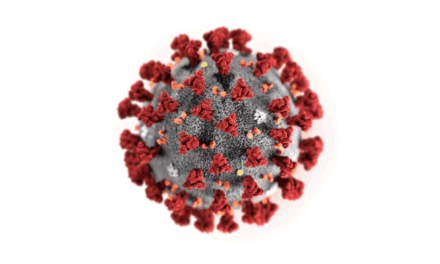
(Newswise)–Latino adults have higher diabetes rates than non-Latinos, yet research shows they are less likely to correctly follow medication instructions provided by their doctors.
Furthermore, diabetes can set off a cascade of medical complications, requiring multiple medications that often create a challenging daily regimen. In a new study coming out of the Keck School of Medicine of USC, student researchers have identified several potential approaches for improving medication adherence among Latinos.
Simple measures such as giving patients pillboxes for their medications, helping patients’ family members understand their medication regimen and having patients attend weekly education sessions about managing the disease through lifestyle changes are all ways that patients could improve medication adherence.
The study also points toward specific challenges that underserved Latinos may be facing. Such challenges include having difficulty understanding what their medications are for, keeping track of their medications and feeling that they may take too many medications. Cohorts in this study took an average of 6.5 prescribed medications daily.
“Obtaining patients’ perspectives is key to finding solutions that help improve their medication adherence and health outcomes,” says Andrea Bañuelos Mota, the study’s first and corresponding author. “Not only do our findings suggest several potential approaches to intervention for Latinos with diabetes, but they could also pave the way for the development of future evidence-based guidelines.” Bañuelos Mota is currently enrolled in the Keck School’s Doctor of Medicine/Master of Public Health (MDMPH) degree program.
Published in the Journal of General Internal Medicine (JGIM) on June 4, the cross-sectional study involved conducting surveys of 120 patients from across four safety net clinics in Los Angeles. Patients were at least 18 years old, self-identified as Latino/Hispanic/Chicano, were diagnosed with diabetes for more than six months, and were taking multiple diabetes medications. Furthermore, the study’s dependent variable was patients with “controlled diabetes” (i.e., having a hemoglobin A1c level of less than 7.5%) versus patients with “uncontrolled diabetes” (i.e., having a hemoglobin A1c level equal to or greater than 7.5%).
“This study is exemplary of excellent primary care research and brings awareness to the language and literacy barriers faced by our immigrant communities, which health care providers must address to deliver quality medical care,” says Jo Marie Reilly, MD, MPH, professor of clinical family medicine (educational scholar). Reilly leads the Keck School’s Primary Care Initiative, a program created to promote careers in primary care and the one through which this study was established.
Conceived and led entirely by a team of five medical students — including Andrea Bañuelos Mota, Emilio Ernesto Feliz Sala, Jennifer M. Perdomo, Joel Alejandro Solis and Walter M. Solorzano — the study also marks an achievement for the Keck School initiative. “JGIM is one of the highest ranked general internal medicine journals, so it is particularly impressive that a student group got a paper accepted,” says Michael Hochman, MD, MPH, a faculty mentor on the project with Reilly. Hochman is an associate professor of clinical medicine and serves as director of the USC Gehr Family Center for Health Systems Science.


